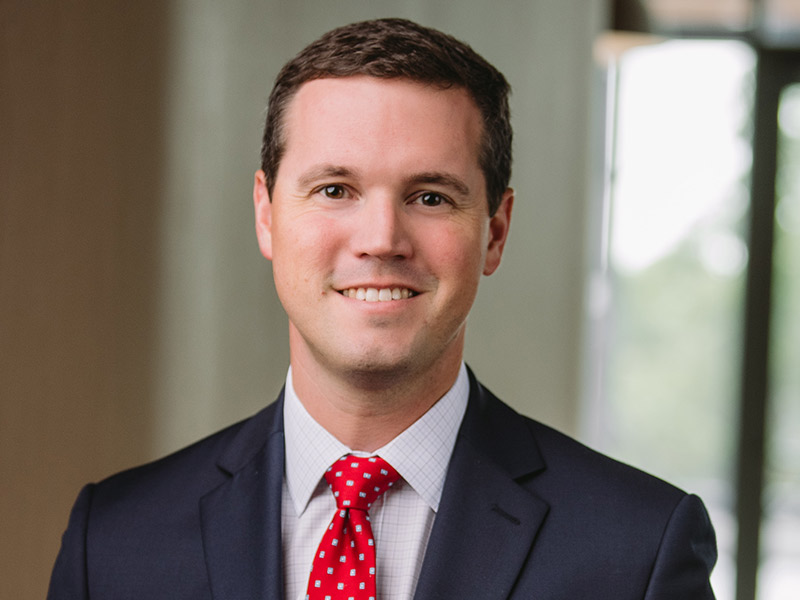Featured, COVID-19 Resources & Updates
COVID-19 and civil litigation in South Carolina
On April 3, 2020, the Supreme Court of South Carolina issued an order concerning the operation of trial courts during the coronavirus emergency (the “COVID-19 Order” or the “Order”). See In re Operation of Trial Courts During the Coronavirus Emergency, Order No. 2020-04-03-01 (S.C. Sup. Ct. filed Apr. 3, 2020). The Order augments the controlling procedural rules for South Carolina trial courts to “minimiz[e] the risk to the public, litigants, lawyers, and court employees.” Id. Where the South Carolina Rules of Civil Procedure conflict with the COVID-19 Order, the Order is controlling. Id. at ¶ (a). The Order contains numerous provisions that affect the day-to-day practice of lawyers engaging in civil litigation across our state. Some of the major changes are outlined below.
- All jury trials are continued until further notice. Id. at ¶ (c)(1).
- Nonjury trials may take place at the trial court’s discretion if the parties consent or if “the matter involves an emergency or other circumstance warranting immediate resolution.” Id. at ¶ (c)(2)
- Hearings may now be conducted by video conference or telephone conference. Id. at ¶ (c)(3). Further, hearings on motions will be limited. Id. at ¶ (c)(4). The trial court may now deny any motion that it determines to be without merit without waiting on a return or response from the opposing party. Id.
- Courts and court reporters may now administer oaths via video conference or telephone conference for both hearings and depositions. Id. at ¶ (c)(7).
- All deadlines in outstanding scheduling orders are automatically extended for 45 days following the date on which the Governor lifts or rescinds the emergency orders relating to the coronavirus emergency. Id. at ¶ (c)(8).
- There are no filing fees for motions for extension of time to file pleadings. Id. at ¶ (c)(9)(A). Further, the deadlines for all trial court filings due on or after the effective date of the Order are extended by thirty (30) days. Id. Although Rule 6(b), SCRCP, typically limits extensions by consent to a single extension, that limitation is lifted and parties are now permitted to agree to further extensions without seeking permission of the trial court. Id. at ¶ (c)(9)(C). Parties are “strongly encouraged” to agree to such extensions upon request. Id.
- In the event a party “was required to take certain action on or after March 13, 2020, but failed to do so, that procedural default is hereby forgiven, and the required action is now required to be taken within 30 days” from the issuance of the Order (i.e., on or before May 4, 2020). Id. at ¶ (c)(9)(B).
- Nothing in the Order affects the deadlines under Rules 50(b), 52(b), 59, and 60(b), SCRCP, or the deadline to file a notice of appeal from the circuit court or a lower court. Id. at ¶ (c)(9)(D).
- In the event a court reporter is not “reasonably available” for a trial or hearing before the court of common pleas, the court of general sessions, or the family court, the trial or hearing may proceed if a recording (preferably both audio and video) is made. Id. at ¶ (c)(10).
- Lawyers may now serve a document on another lawyer using the lawyer’s primary email address listed in the Attorney Information System (AIS). Id. at ¶ (c)(13).
- Lawyers may now electronically sign documents using the “s/” method used currently used for electronically filed documents. Id. at ¶ (c)(14).
These are just some of the major changes to the standard procedure when practicing civil litigation before our state’s trial courts during the current state of emergency. In addition to these major changes, the Order contains other provisions that affect civil litigation as well as specific provisions related to criminal litigation and practice before our state’s family and probate courts. For all of the applicable changes and additional details, please read the COVID-19 Order in its entirety, which can be found here.
This post has been prepared by Robinson Gray Stepp & Laffitte, LLC for informational purposes only and does not constitute legal advice. For more information, contact attorney Ben Gooding.
